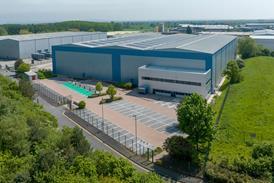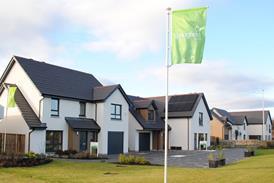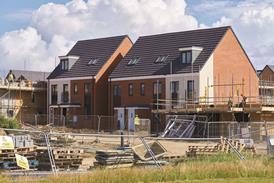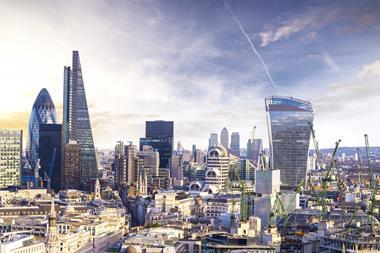Editor: I agree with your latest leader column that the Climate Change Committee’s negative assessment of progress in decarbonising buildings is deeply worrying.
We need to see progress on the ground, where it really counts. Regulation has a role to play here and the Minimum Energy Efficiency Standards (MEES) regime, in which it is now unlawful to continue to let a commercial property with an ‘F’ or ‘G’ Energy Performance Certificate (EPC) rating (subject to exemptions), has focused attention.
However, as the report identifies, we have not seen progress on occupational energy ratings or regulatory certainty on anticipated uplifts to MEES thresholds.
Many are calling for mandatory disclosures on an annual basis, using the updated NABERS 2.0 rating, potentially with fiscal incentives resulting from achieving a top score. Surely this is the next logical legislative step to drive actual change on the ground. The relevant government consultation seems to be on the backburner and while the report identifies this, a response is not a key priority recommendation, in contrast to that on the ‘EPC C by 2028’ consultation for privately rented homes.
There is no question that onsite renewable provision is acknowledged as an open goal in terms of opportunity for the industry. Owner and occupier collaboration is on the increase, but again, surely we need more legislative weight, for example mandatory photovoltaic panels on larger commercial buildings, as well as more attractive fiscal incentives? Plus of course, there is a notable limiting factor: grid capacity. Plenty of progress is surely needed here to realise the full potential.
The committee’s chair Lord Deben has said that one of the government’s biggest failures was not putting net zero at the heart of the UK’s planning system. He will, no doubt, approve of the recent initiative from the UK Green Building Council, which organised for 100-plus companies, including Landsec, Grosvenor Property and Rockwool, to sign an open letter urging prime minister Rishi Sunak to make planning decisions take account of climate change by law.
With the tide of green regulation turning the screws on the current building stock, it’s a natural next step to boost sustainability standards of new development from conception.
Edward Glass, senior associate, commercial real estate, Forsters































No comments yet